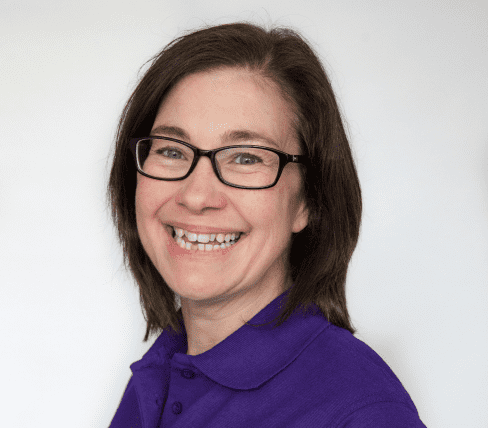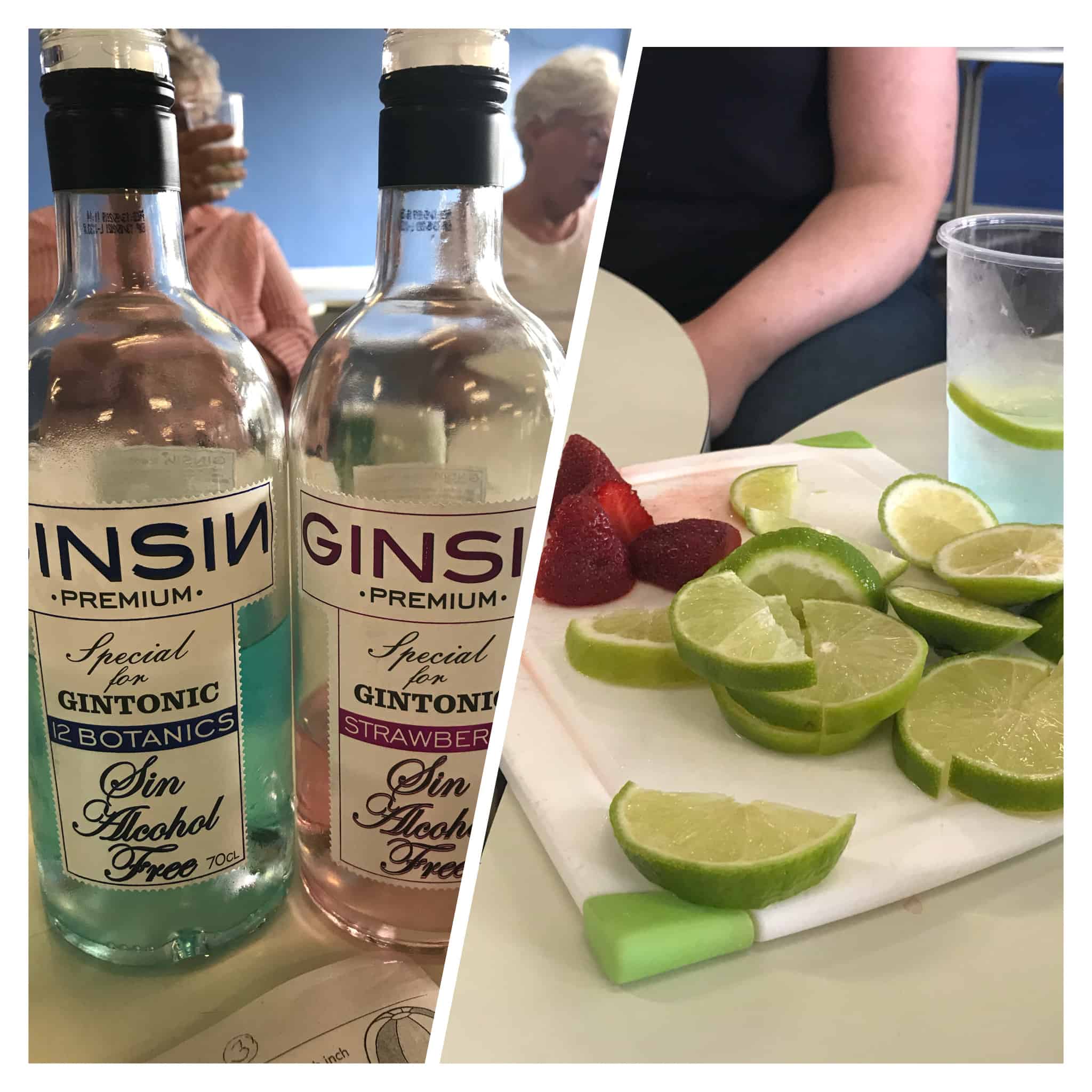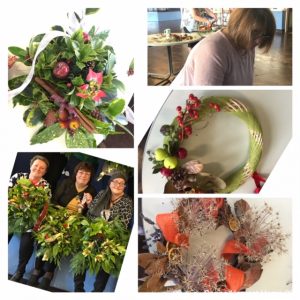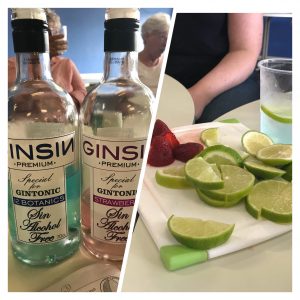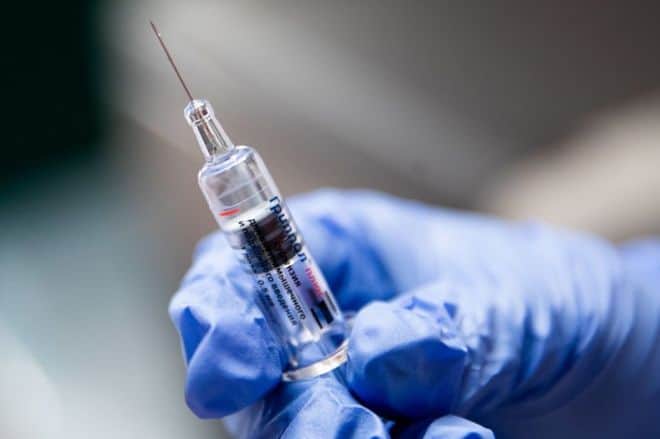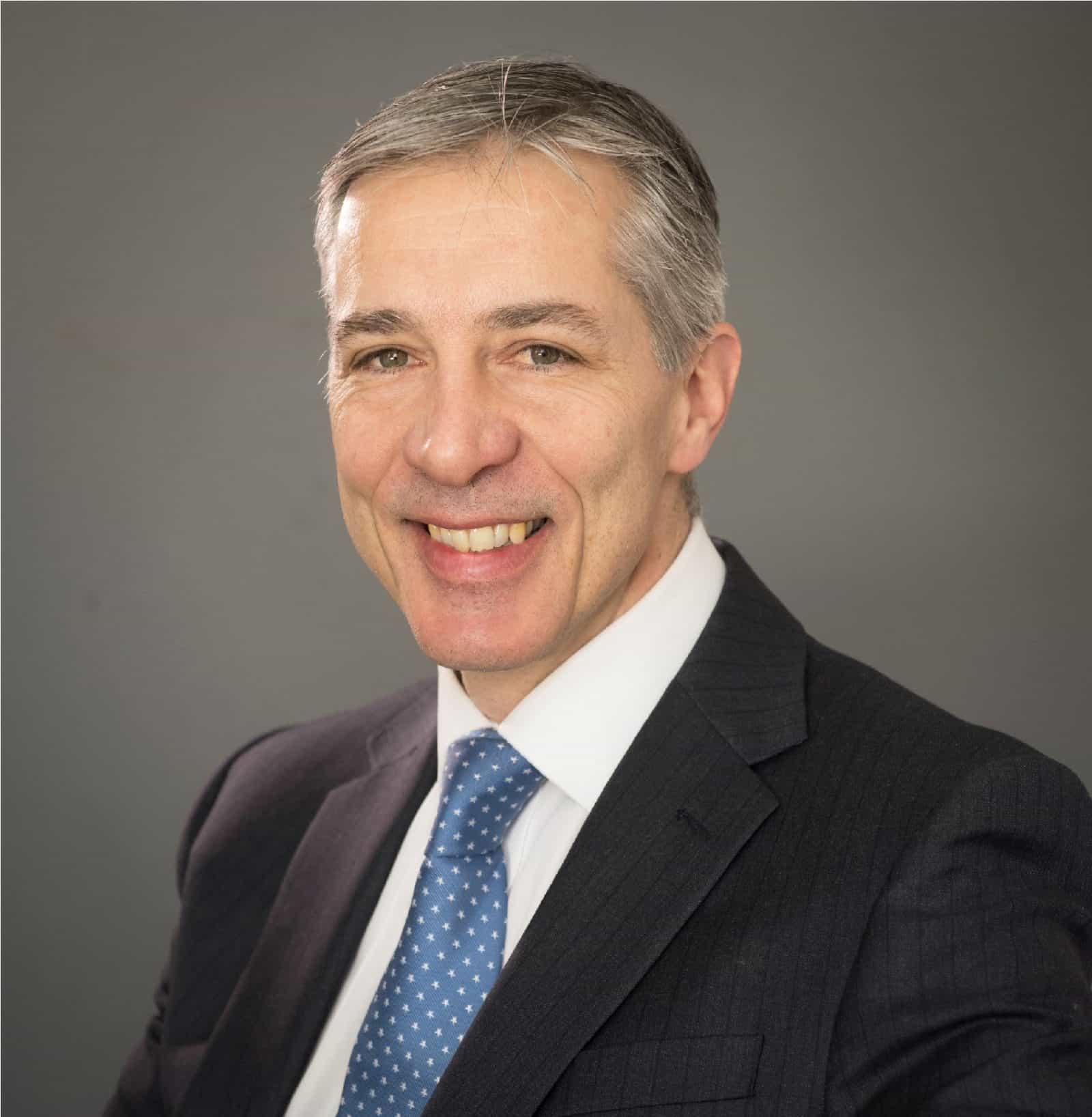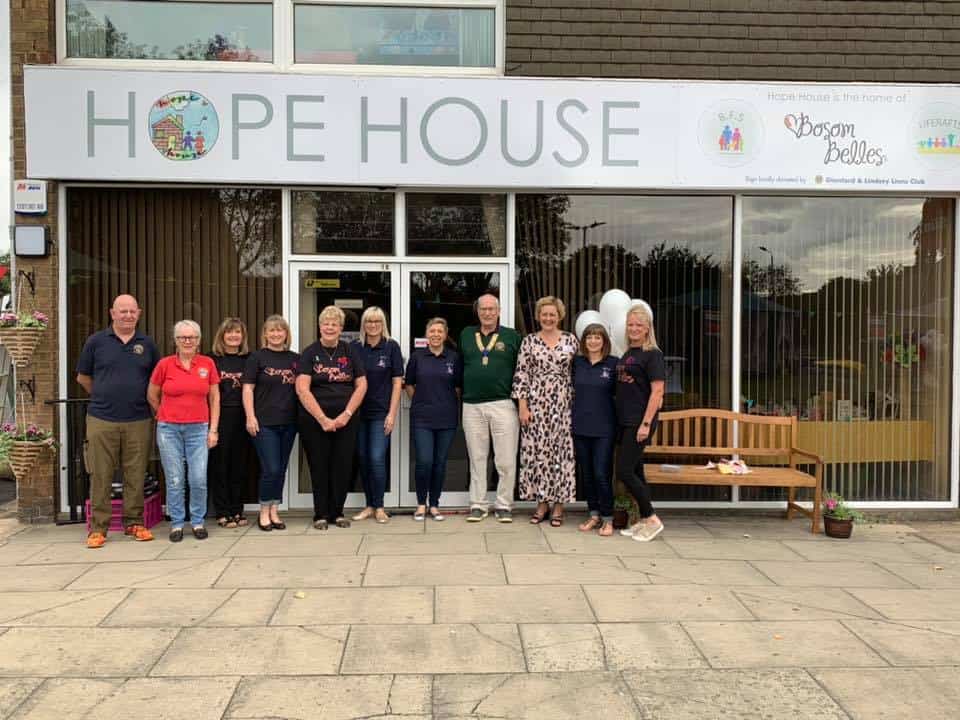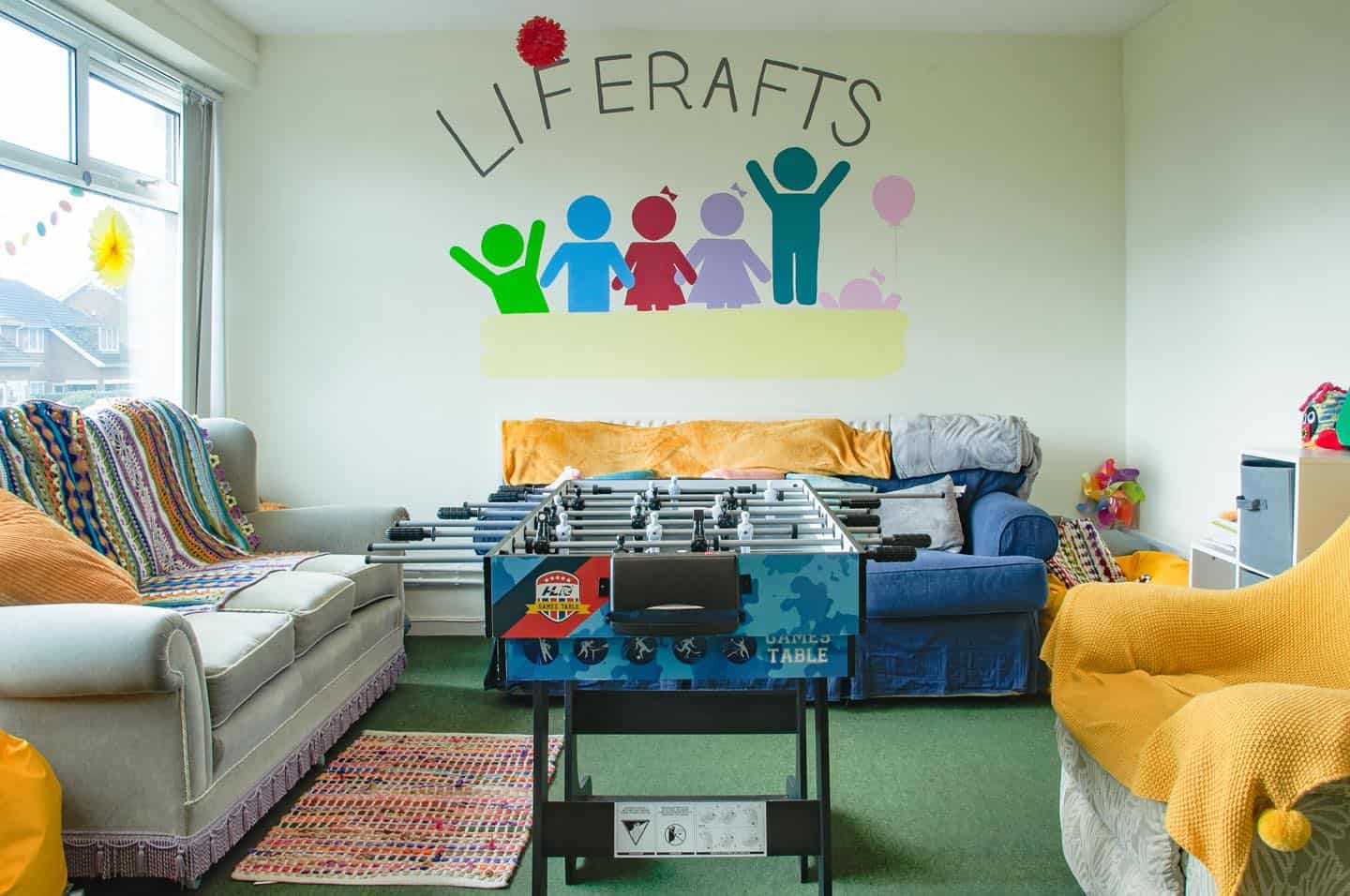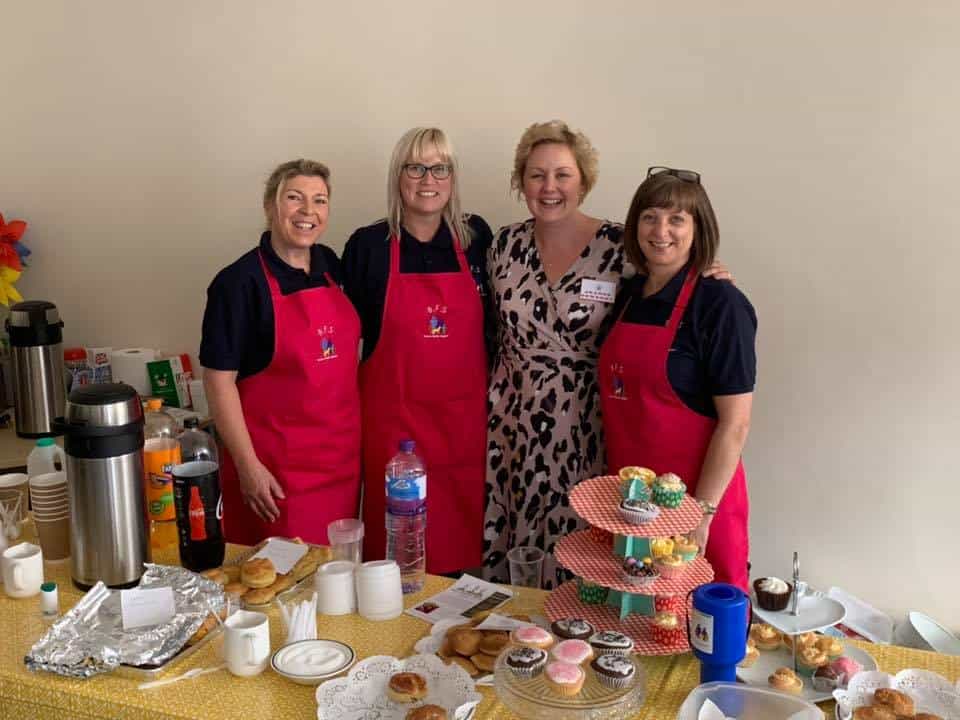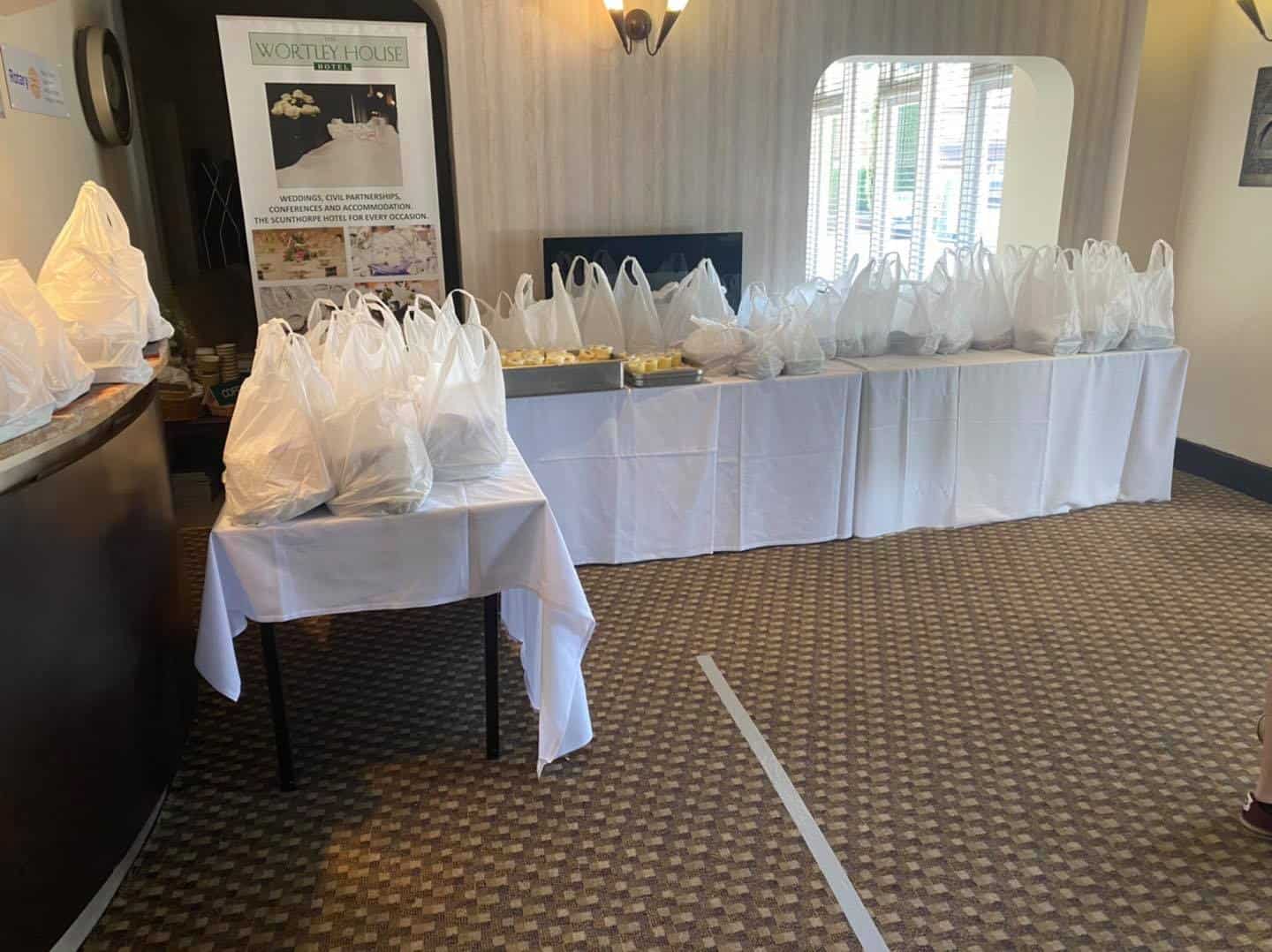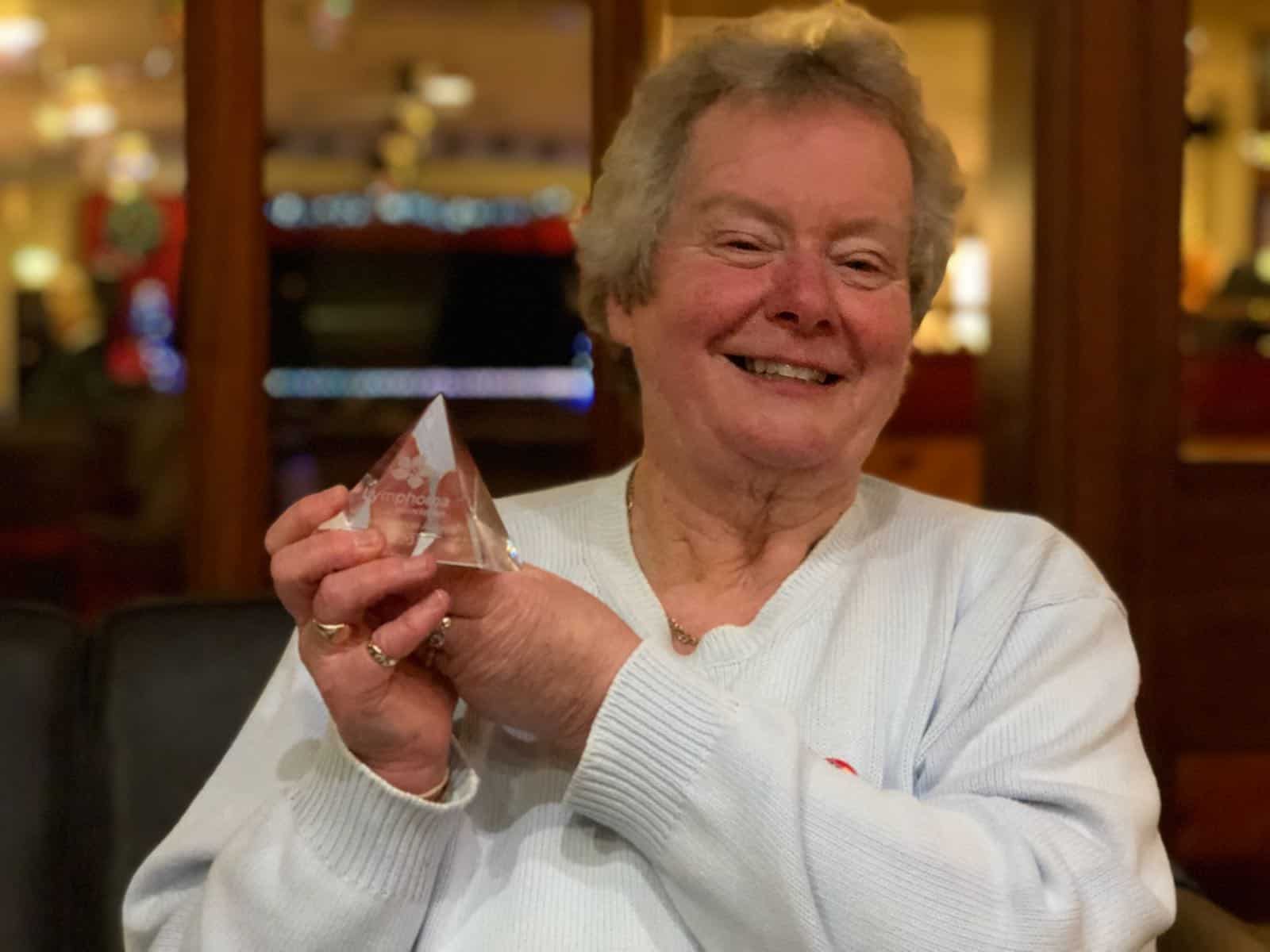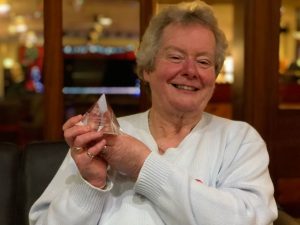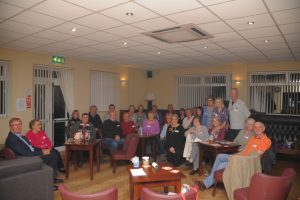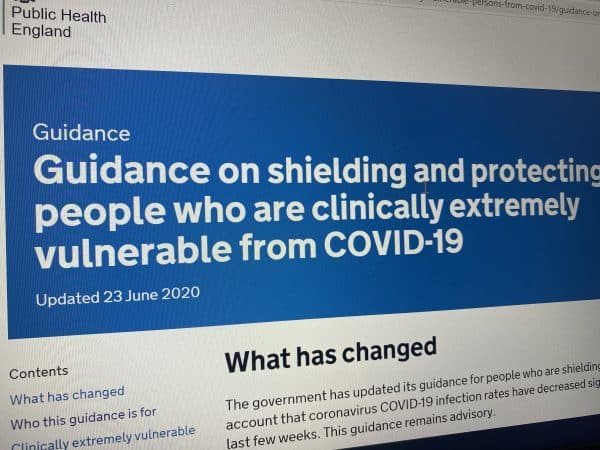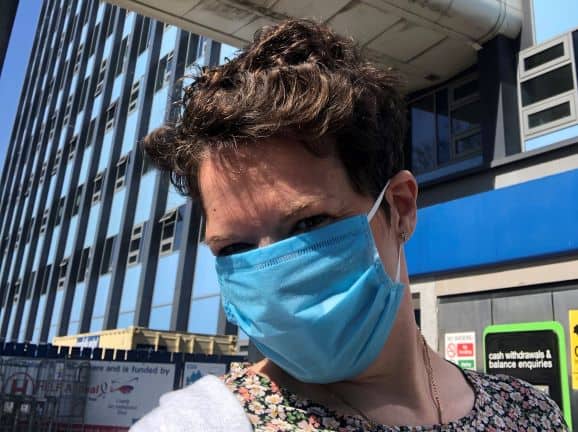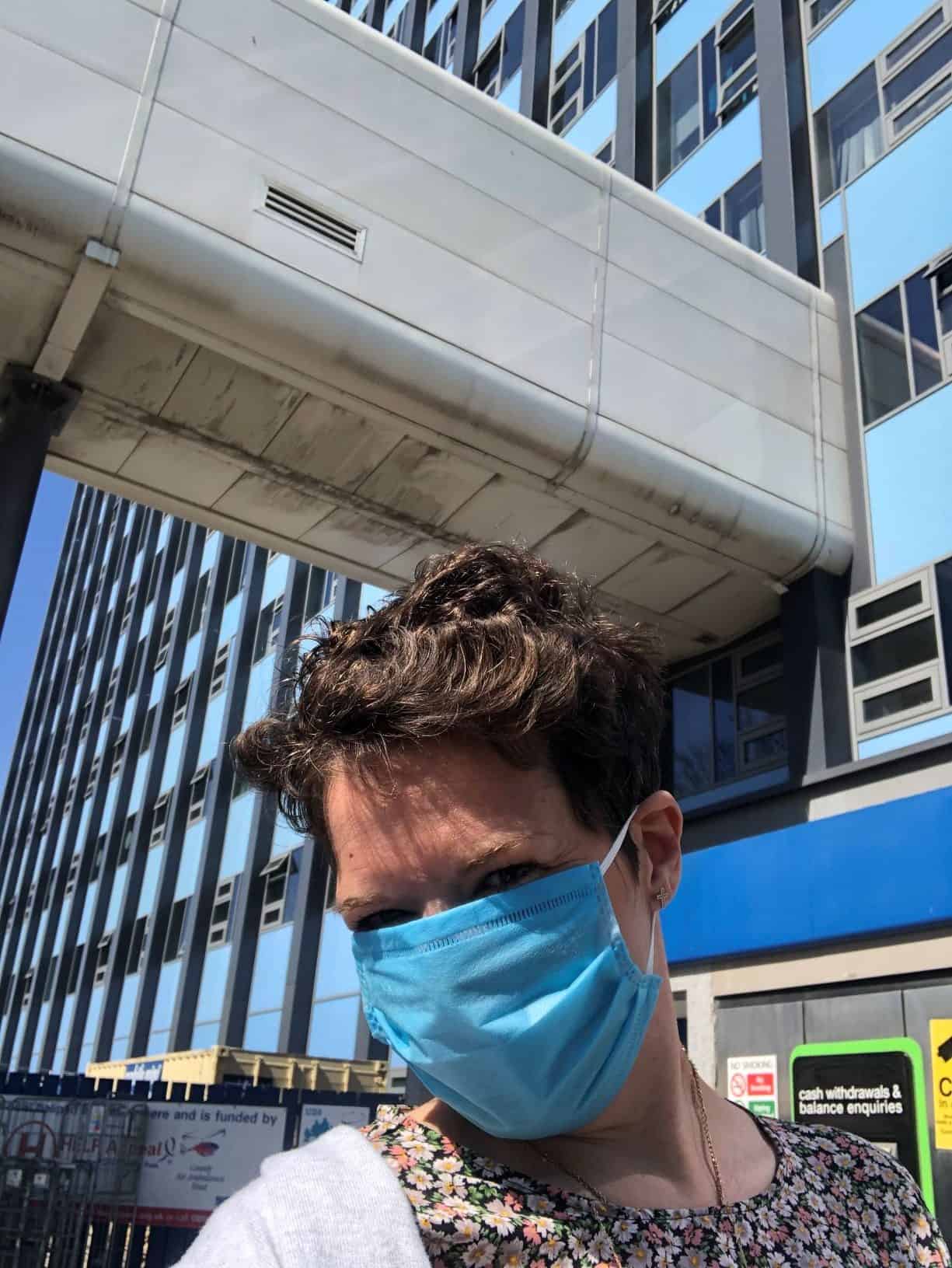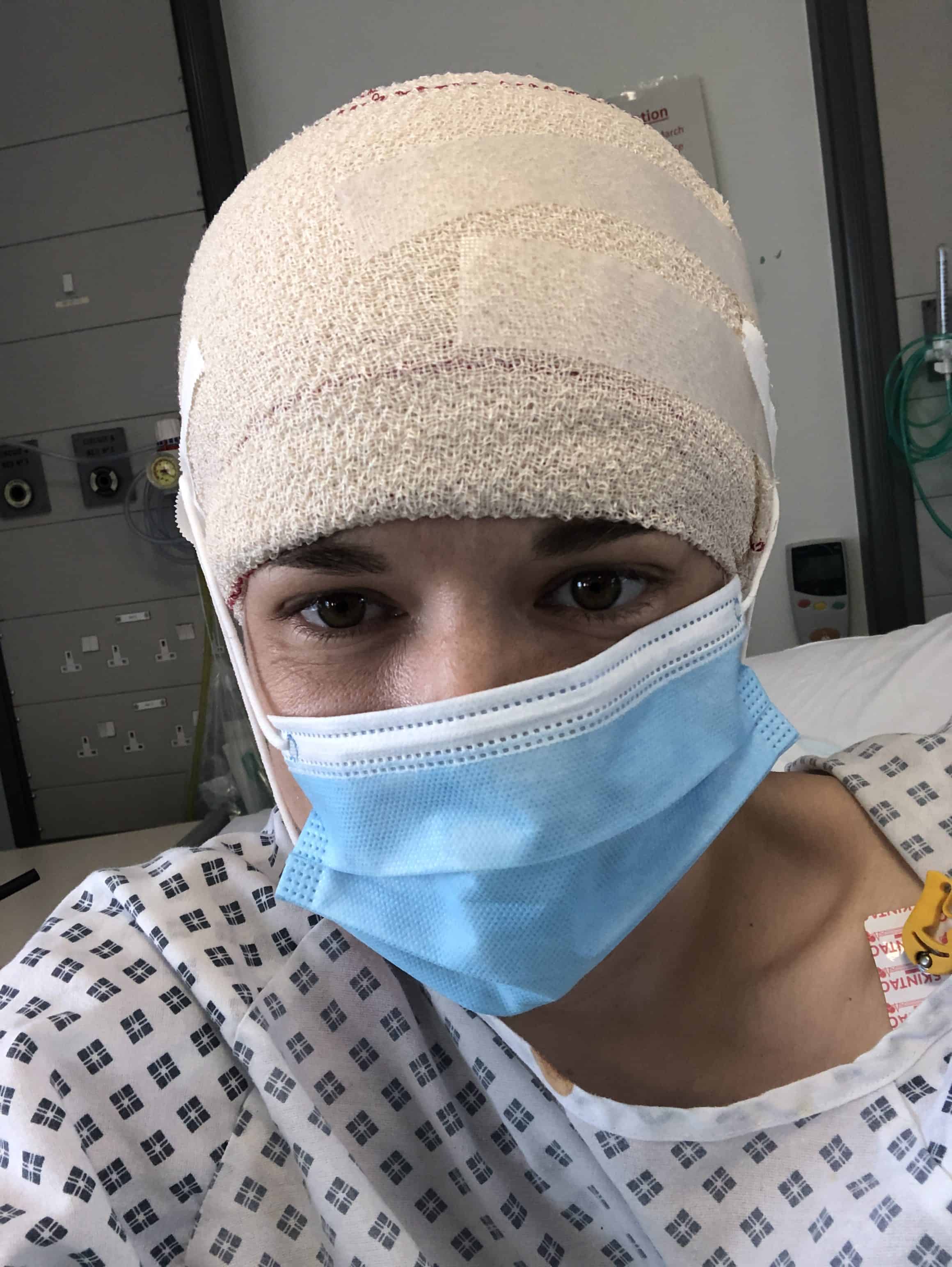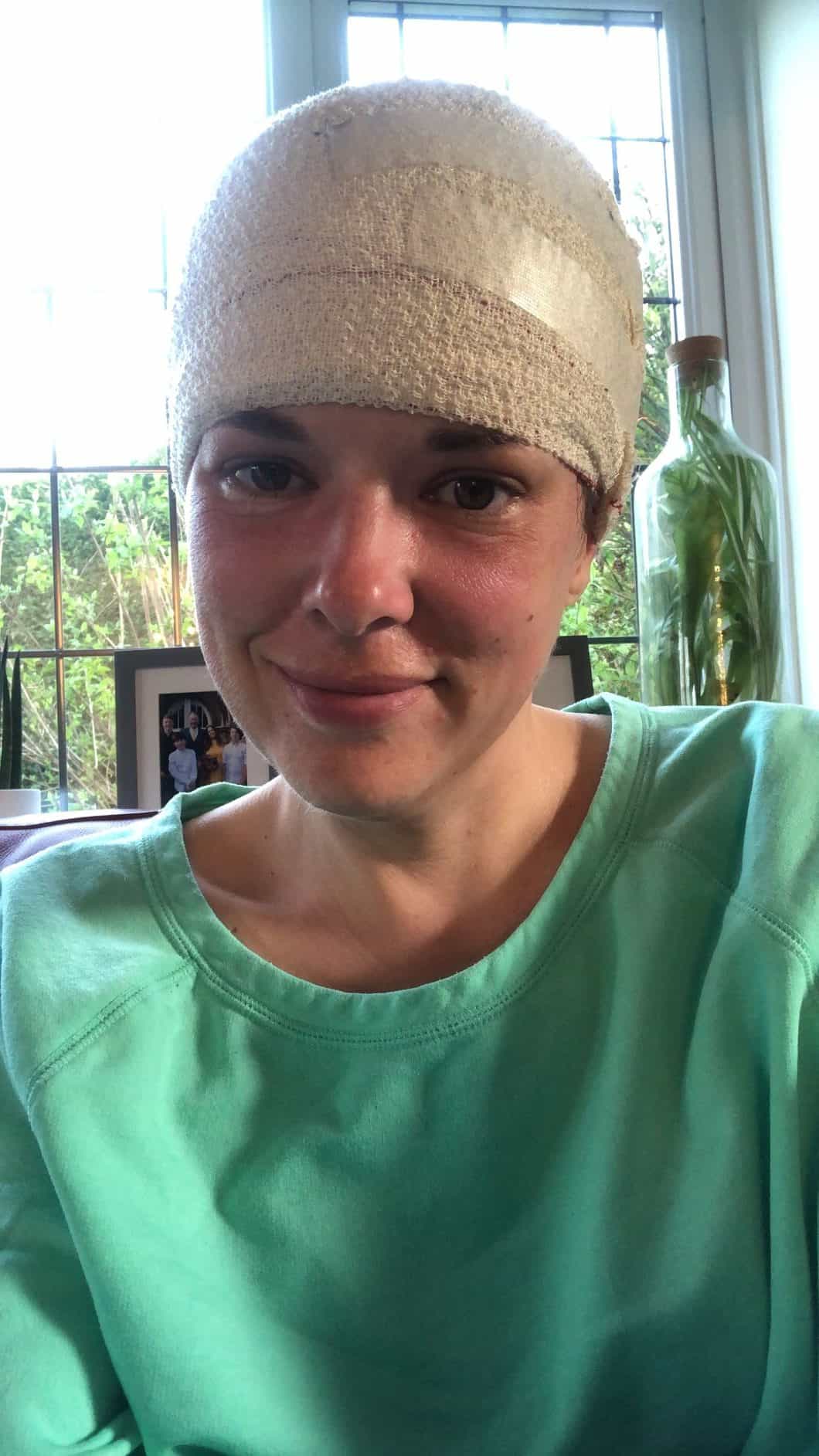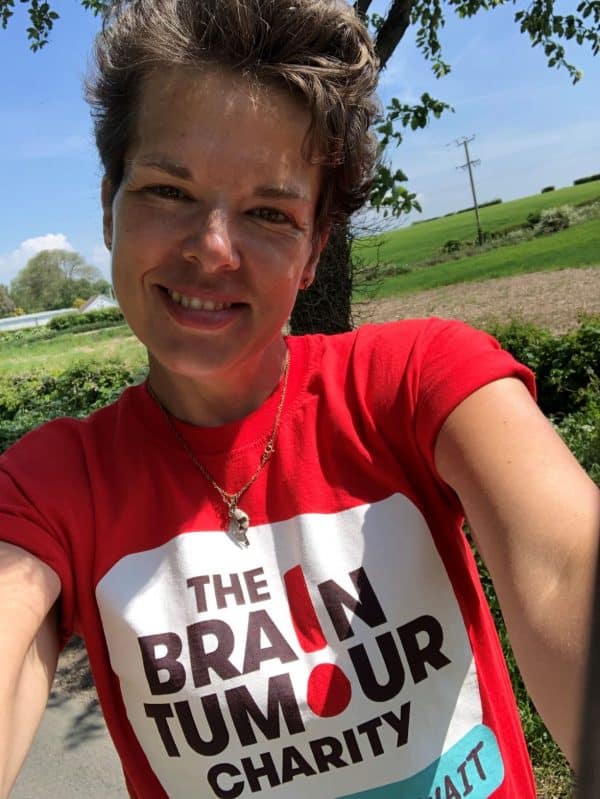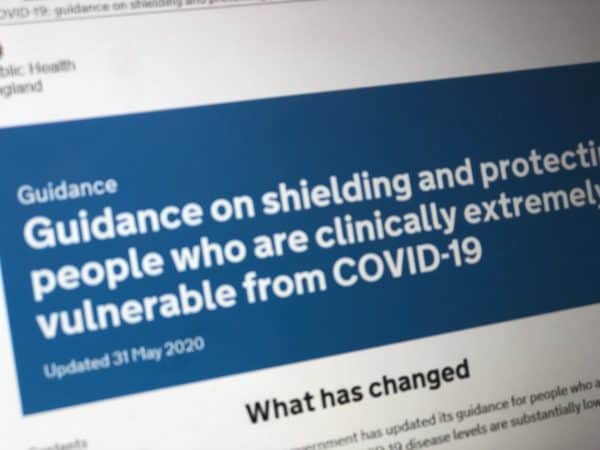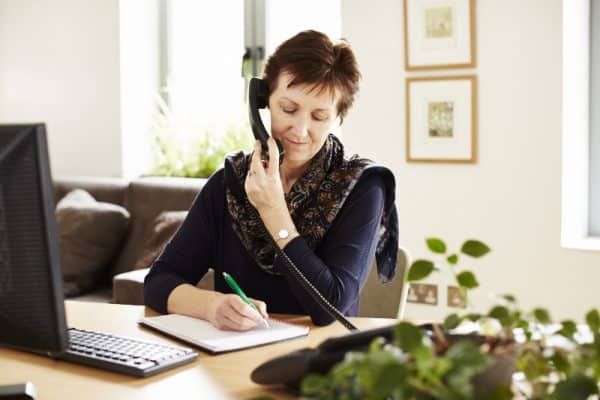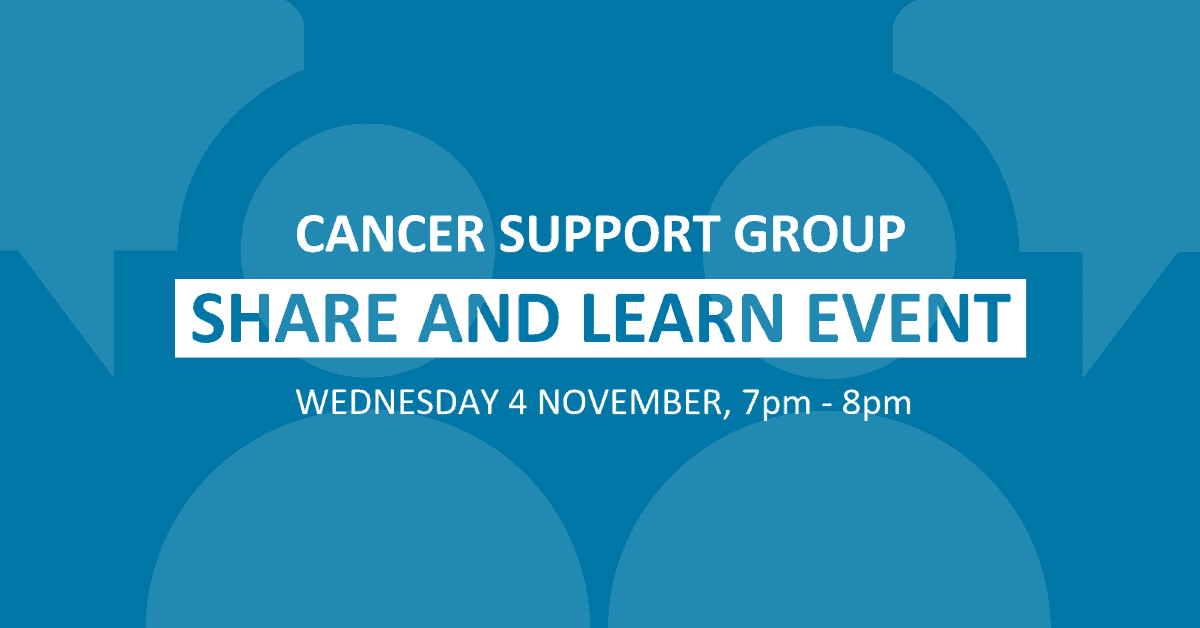
Humber, Coast and Vale Cancer Alliance (HCV CA) is inviting cancer support groups to take part in a free online share and learn event.
Support groups from Scarborough and Ryedale, Hull, Vale of York, North Lincolnshire, North East Lincolnshire and the East Riding of Yorkshire are invited to take part in the free event which will take place via Microsoft Teams on Wednesday 4 November 2020, 7pm – 8pm.
Recognising that many support groups across the HCV region have either paused or adapted their services as a result of the coronavirus pandemic, the event aims to provide local groups with an opportunity to share experiences, ask questions, meet similar groups from across the region and learn about the work of the Alliance.
The Cancer Alliance brings together all the organisations that commission and provide cancer services in the HCV area, enabling effective and co-ordinated partnership working to improve patient experience. By working in collaboration with local cancer support groups, the Alliance aims to ensure their work is informed and influenced by patients, carers, the public and other key stakeholders.
Alison Cockerill, Macmillan Personalised Care Programme Manager at HCV CA will be leading the online event and said: “Since the start of the coronavirus pandemic, we have spoken with several cancer support groups from across our region that have either paused their activities or have had to adapt in order to continue supporting those receiving personalised care.
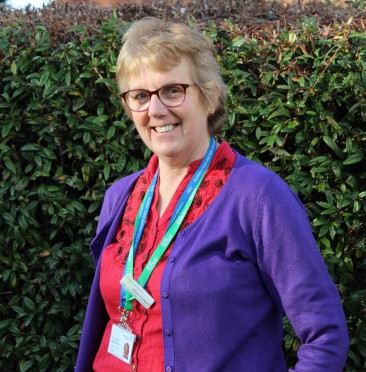
“As an Alliance, we want to ensure our population is aware of the health and wellbeing support available and that groups have an opportunity to network, share and learn from each other within a supportive environment.
“We will also be using the event to update local support groups about some of the exciting work that is taking place across the Alliance, for example the recent launch of a new NHS England and NHS Improvement Quality of Life Survey which recognises that quality of life (QoL) outcomes are as important to patients as survival and asks patients ‘how are you doing?’.
Representatives from Macmillan Cancer Support and Cancer Care Map will also be attending the event, as the Alliance continues to raise awareness of health and wellbeing support from across the HCV region and beyond.
To find out more about Humber, Coast and Vale Cancer Alliance, visit www.hcvcanceralliance.org.uk or click here to sign up for the event.
If you are interested in adding your cancer support group to the Humber, Coast and Vale directory, please email [email protected].


